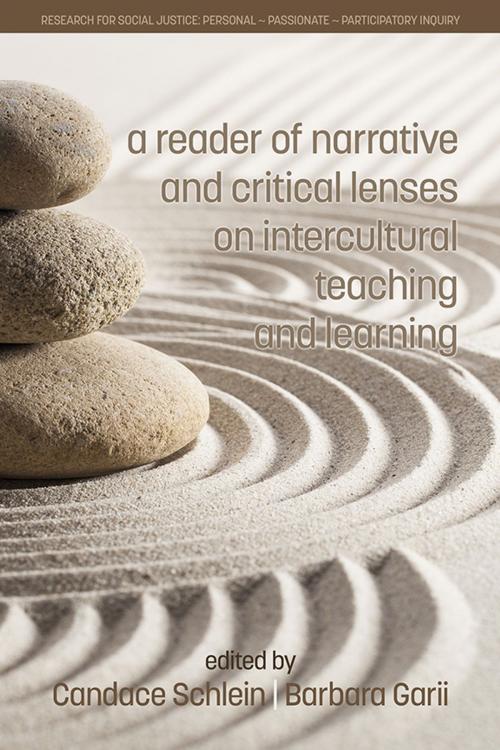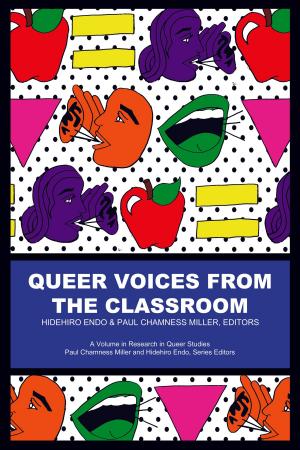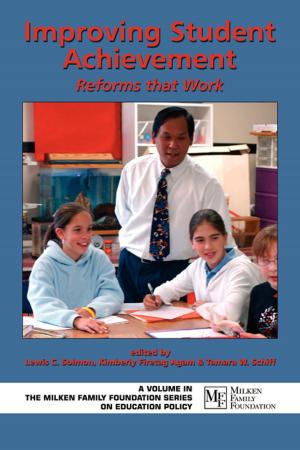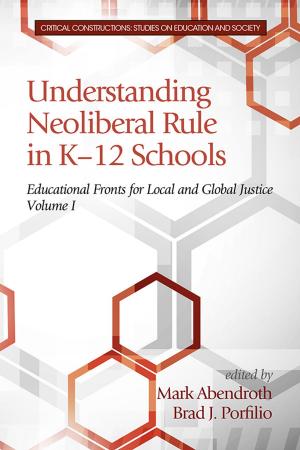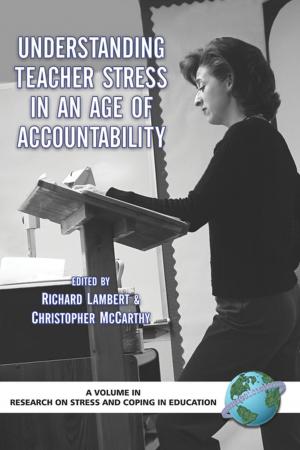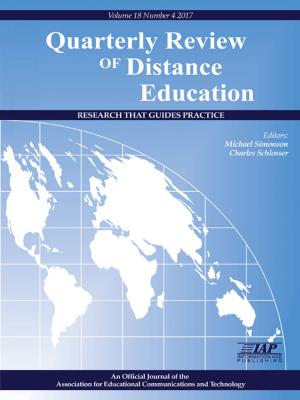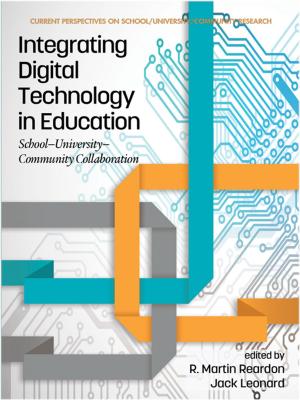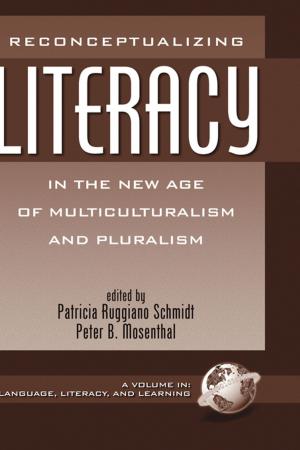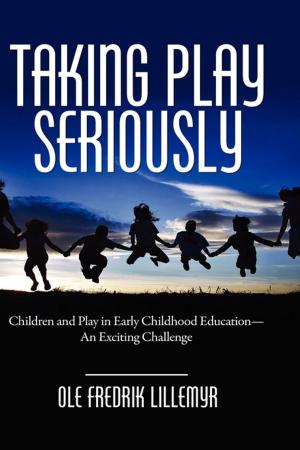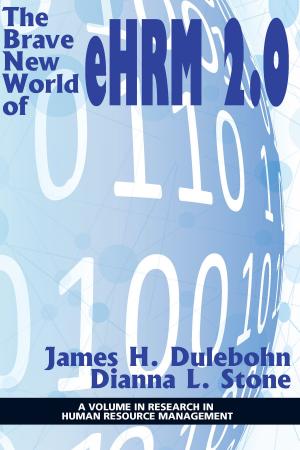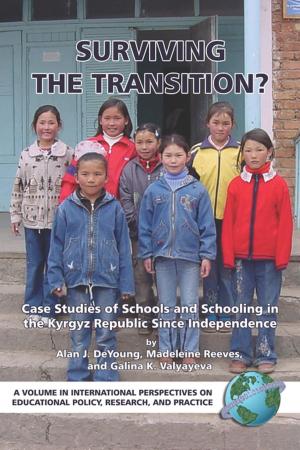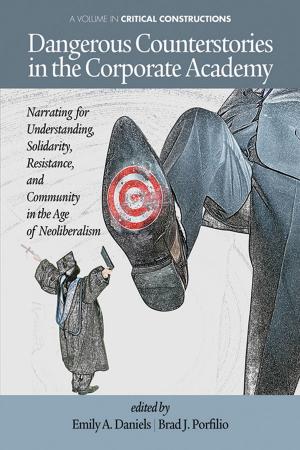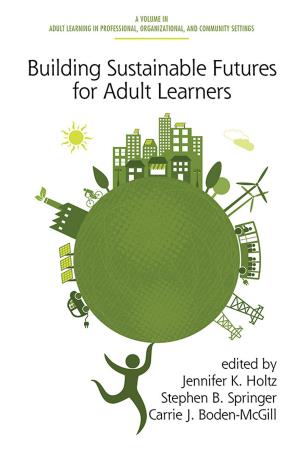A Reader of Narrative and Critical Lenses on Intercultural Teaching and Learning
Nonfiction, Reference & Language, Education & Teaching, Educational Theory, Multicultural Education, Social & Cultural Studies, Social Science, Cultural Studies, Ethnic Studies| Author: | ISBN: | 9781681236698 | |
| Publisher: | Information Age Publishing | Publication: | October 1, 2016 |
| Imprint: | Information Age Publishing | Language: | English |
| Author: | |
| ISBN: | 9781681236698 |
| Publisher: | Information Age Publishing |
| Publication: | October 1, 2016 |
| Imprint: | Information Age Publishing |
| Language: | English |
It has become increasingly critical for both novice and experienced educators to bring to their diverse classrooms a set of dispositions, skills, and experiences that will enhance learning for all students, especially pupils from diverse cultural and language backgrounds. Intercultural teaching experiences offer opportunities for teachers and student teachers to learn about cultures and cultures of schooling via first?hand interactions. In this way, intercultural teaching enables educators to intertwine the personal, political, cultural, social, theoretical, and practical as a means of making important changes in school and classroom life. A Reader on Narrative and Critical Lenses of Intercultural Teaching and Learning offers readers a set of chapters that highlights the work of researchers, educators, and teacher educators that displays new possibilities for ongoing teacher development and positive social and educational changes. This book engages in critical and narrative exploration of intercultural teaching, intercultural competence, and the relationship between the work of educators in different countries and teaching for diversity. This text also accounts for international, intra?cultural, and intercultural teaching beyond early field experiences and student teaching programs by including the viewpoints of educators with these experiences. Significantly, this book enhances the current dialogue on intercultural teaching and on intercultural competence with first?hand narrative accounts of life, teaching, and research in intercultural professional settings in order to bring to light intricate understandings of this form of educator professional development. In addition, this text critically unpacks aspects of intercultural teacher development and programs supporting such endeavors as they explicitly enhance educators’ capacities for personal, passionate, and participatory teaching and inquiry.
It has become increasingly critical for both novice and experienced educators to bring to their diverse classrooms a set of dispositions, skills, and experiences that will enhance learning for all students, especially pupils from diverse cultural and language backgrounds. Intercultural teaching experiences offer opportunities for teachers and student teachers to learn about cultures and cultures of schooling via first?hand interactions. In this way, intercultural teaching enables educators to intertwine the personal, political, cultural, social, theoretical, and practical as a means of making important changes in school and classroom life. A Reader on Narrative and Critical Lenses of Intercultural Teaching and Learning offers readers a set of chapters that highlights the work of researchers, educators, and teacher educators that displays new possibilities for ongoing teacher development and positive social and educational changes. This book engages in critical and narrative exploration of intercultural teaching, intercultural competence, and the relationship between the work of educators in different countries and teaching for diversity. This text also accounts for international, intra?cultural, and intercultural teaching beyond early field experiences and student teaching programs by including the viewpoints of educators with these experiences. Significantly, this book enhances the current dialogue on intercultural teaching and on intercultural competence with first?hand narrative accounts of life, teaching, and research in intercultural professional settings in order to bring to light intricate understandings of this form of educator professional development. In addition, this text critically unpacks aspects of intercultural teacher development and programs supporting such endeavors as they explicitly enhance educators’ capacities for personal, passionate, and participatory teaching and inquiry.
